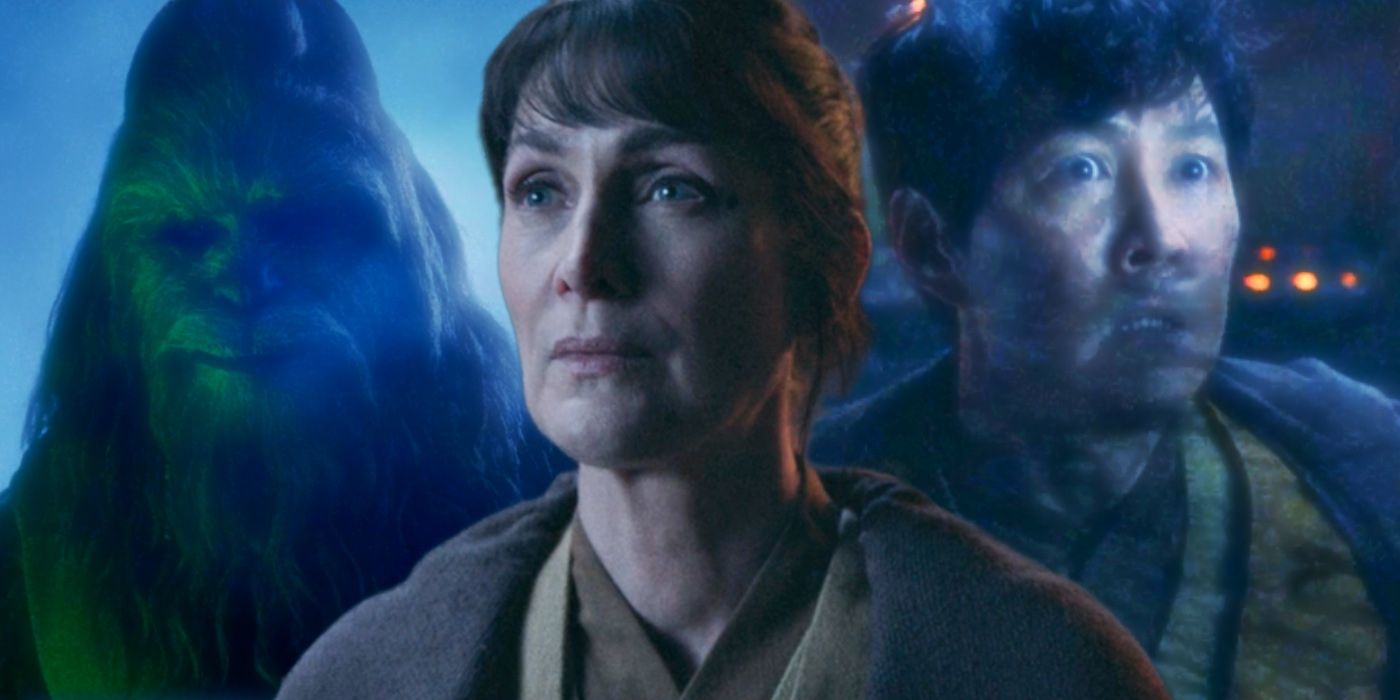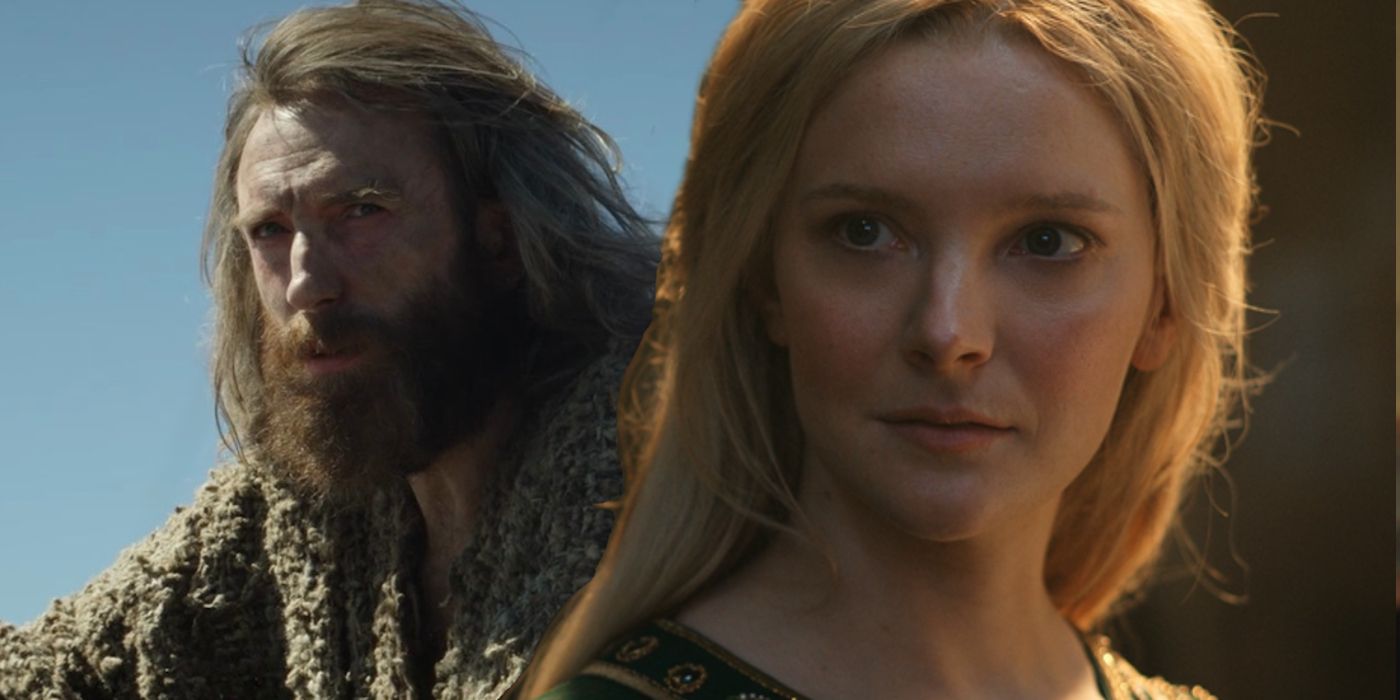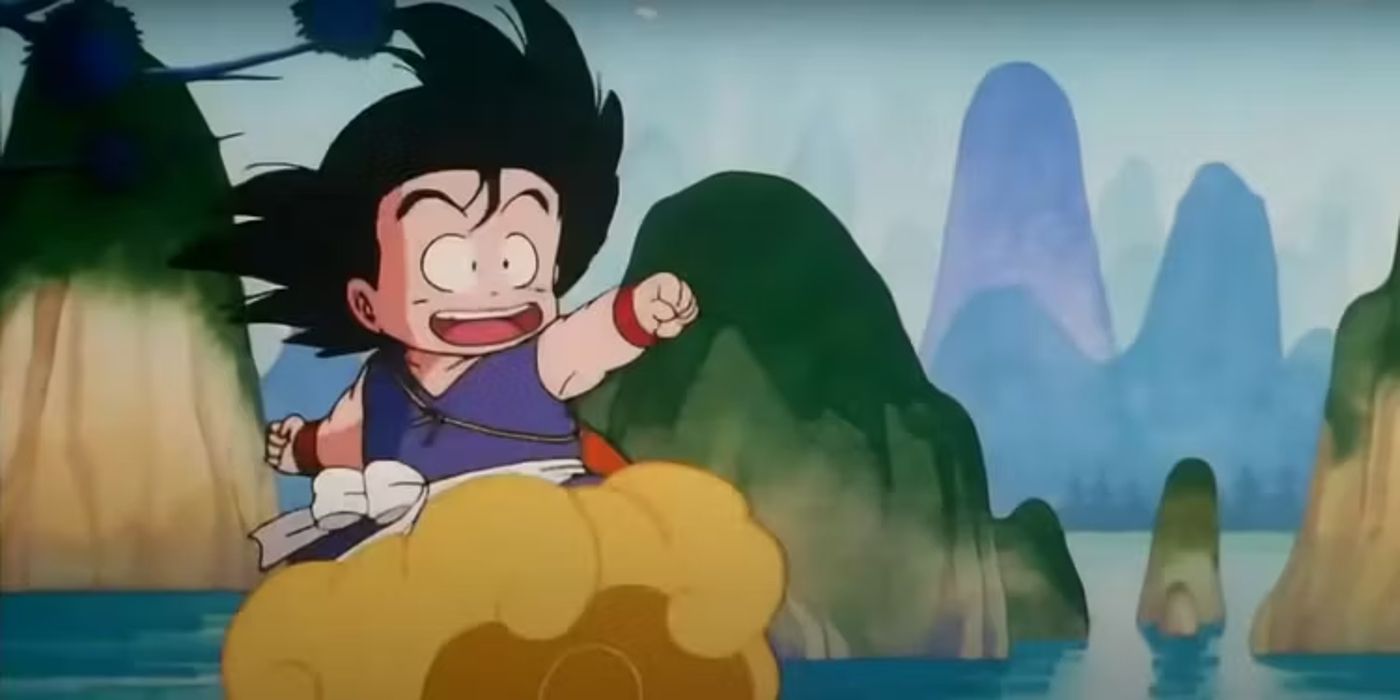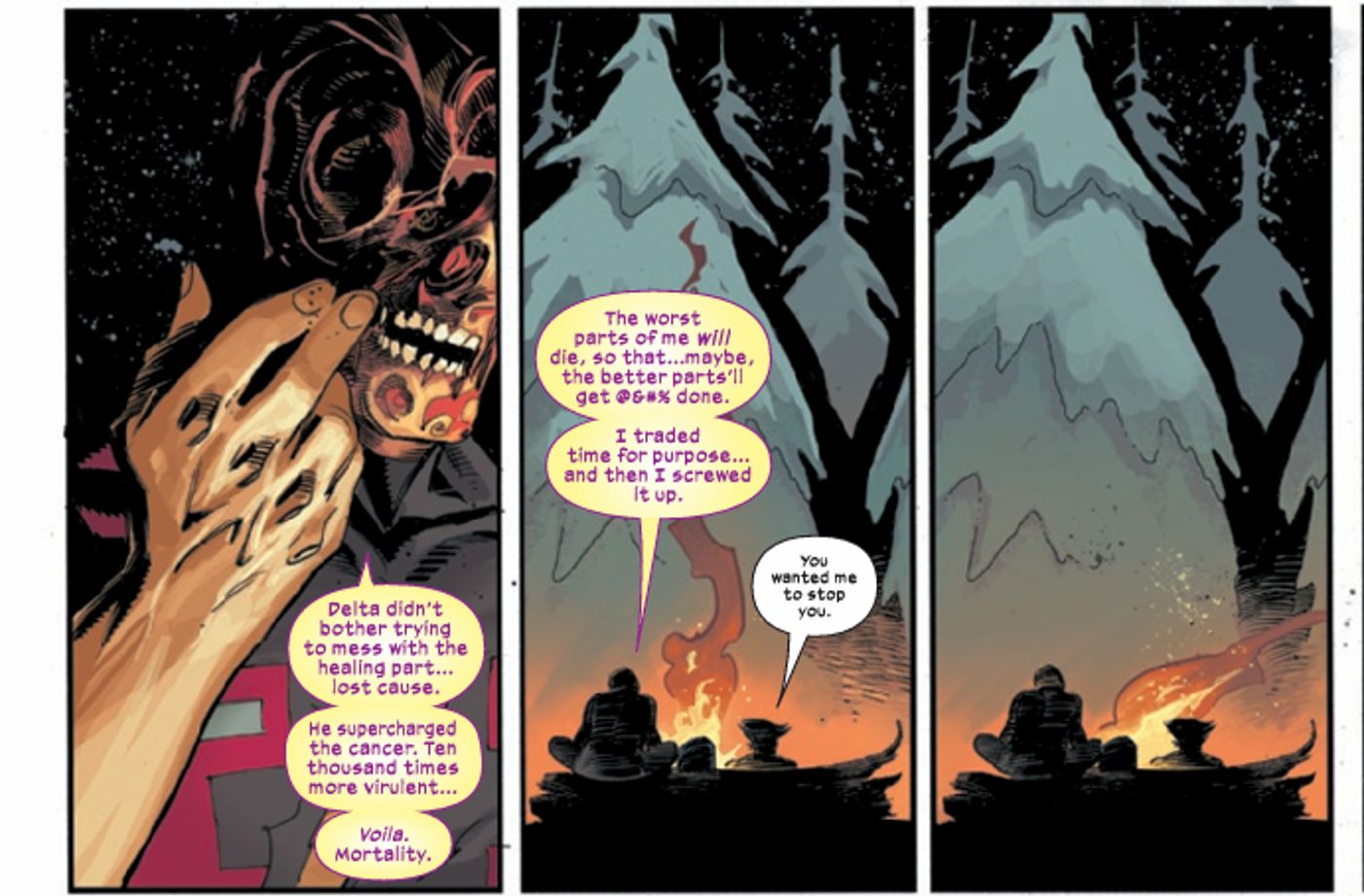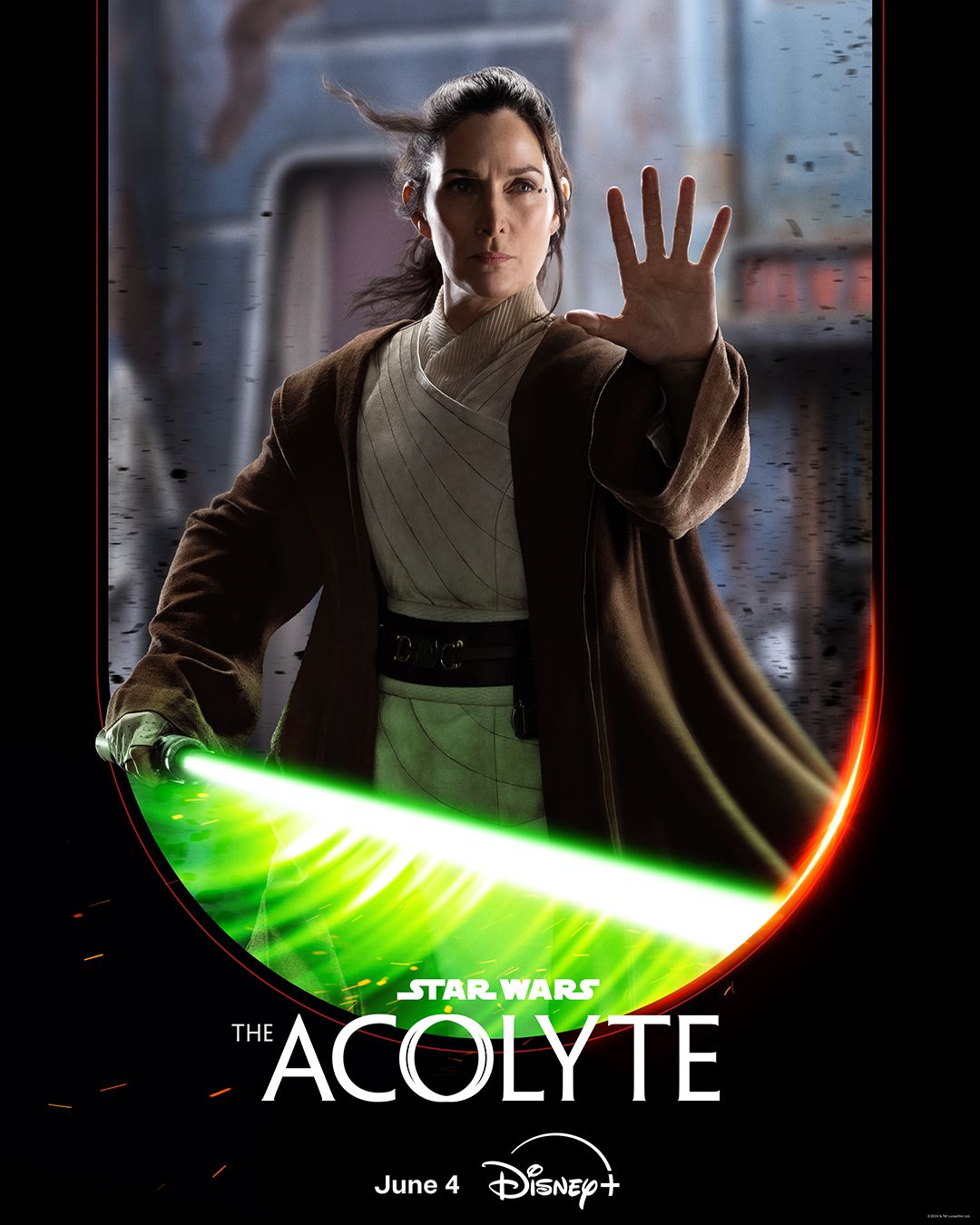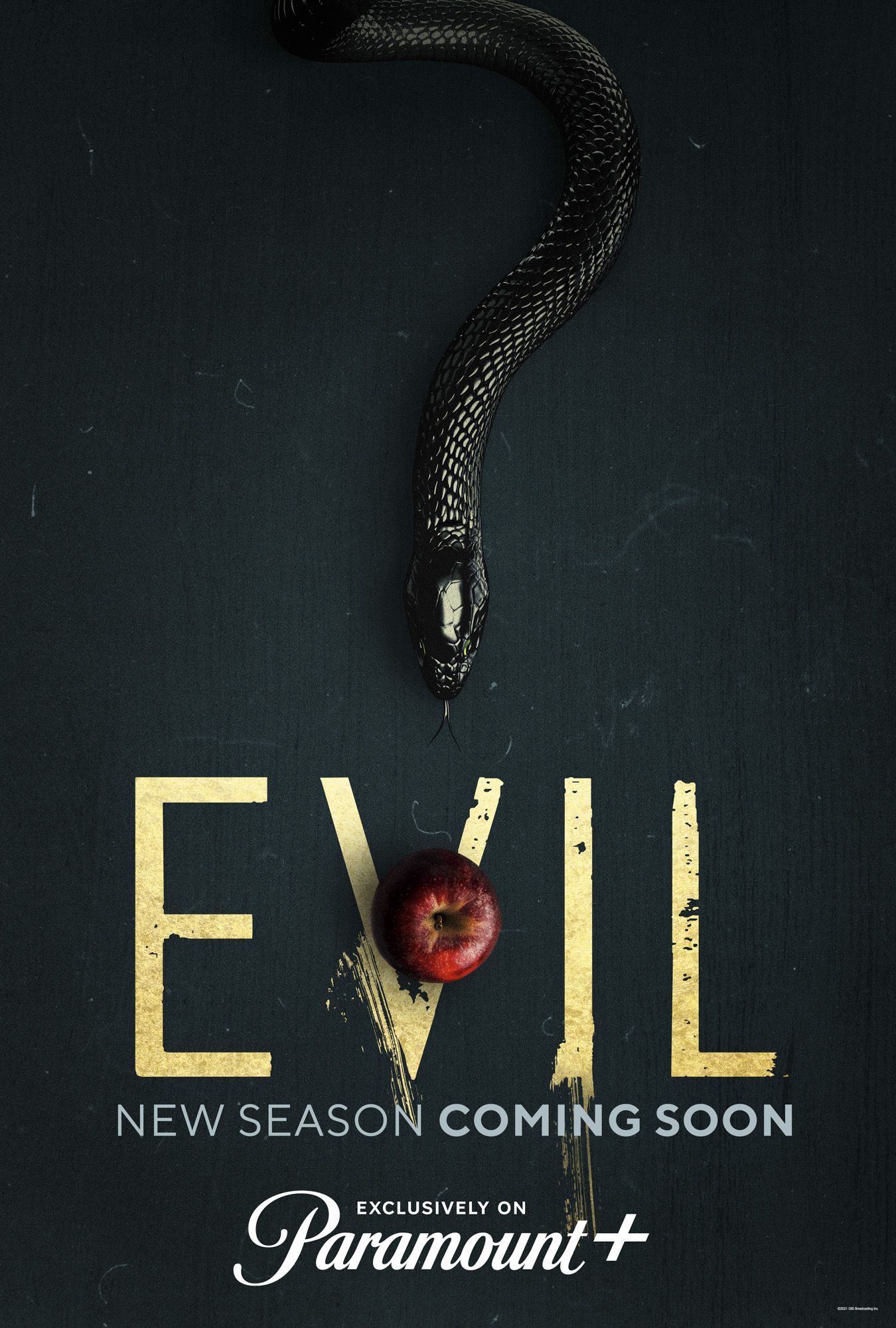Ridley Scott was involved in developing Blade Runner 2049, but had to pass on directing due to his other commitments. Few directors have shaped sci-fi movies more than Scott has over the last forty years. His two classics in the genre, 1979’s Alien and 1982’s Blade Runner, has gone to heavily inform the work of modern directors like Christopher Nolan and David Fincher, and are still used as the blueprints for similar films and TV series to this day (see Underwater and Westworld for recent examples). They’ve also given rise to a number of well-received sequels, spinoffs, and prequels between them (as well as some not-so-beloved ones, in Alien‘s case).
Interestingly, unlike Alien, Blade Runner was a box office failure that divided critics upon its initial release, but attained cult status over the decades that followed. Its sequel’s drawn-out development can also be attributed to a legal dispute involving the rights to the original movie’s source material (Philip K. Dick’s 1968 novel Do Androids Dream of Electric Sheep?) in the wake of its release. Finally, Alcon Entertainment purchased the IP rights in 2011 and brought Scott into the fold shortly after. From there, the filmmaker worked closely with Blade Runner writer Hampton Fancher and screenwriter Michael Green to craft the screenplay that would go on to become Blade Runner 2049.
Eventually, Scott handed the job of directing Blade Runner 2049 over to Denis Villeneuve (then best known for helming the acclaimed drama-thriller Prisoners) in early 2015, yet he remained onboard as a producer. In an interview with Screen Daily later that year, Scott explained what happened, saying he was already committed to helming Alien: Covenant by the time Blade Runner 2049 was gearing up to start production. As he put it, “We wanted to get this [Blade Runner sequel] made… If you get it on paper, don’t wait. I had to let it go, which was a bit of a bugger but there we are.”
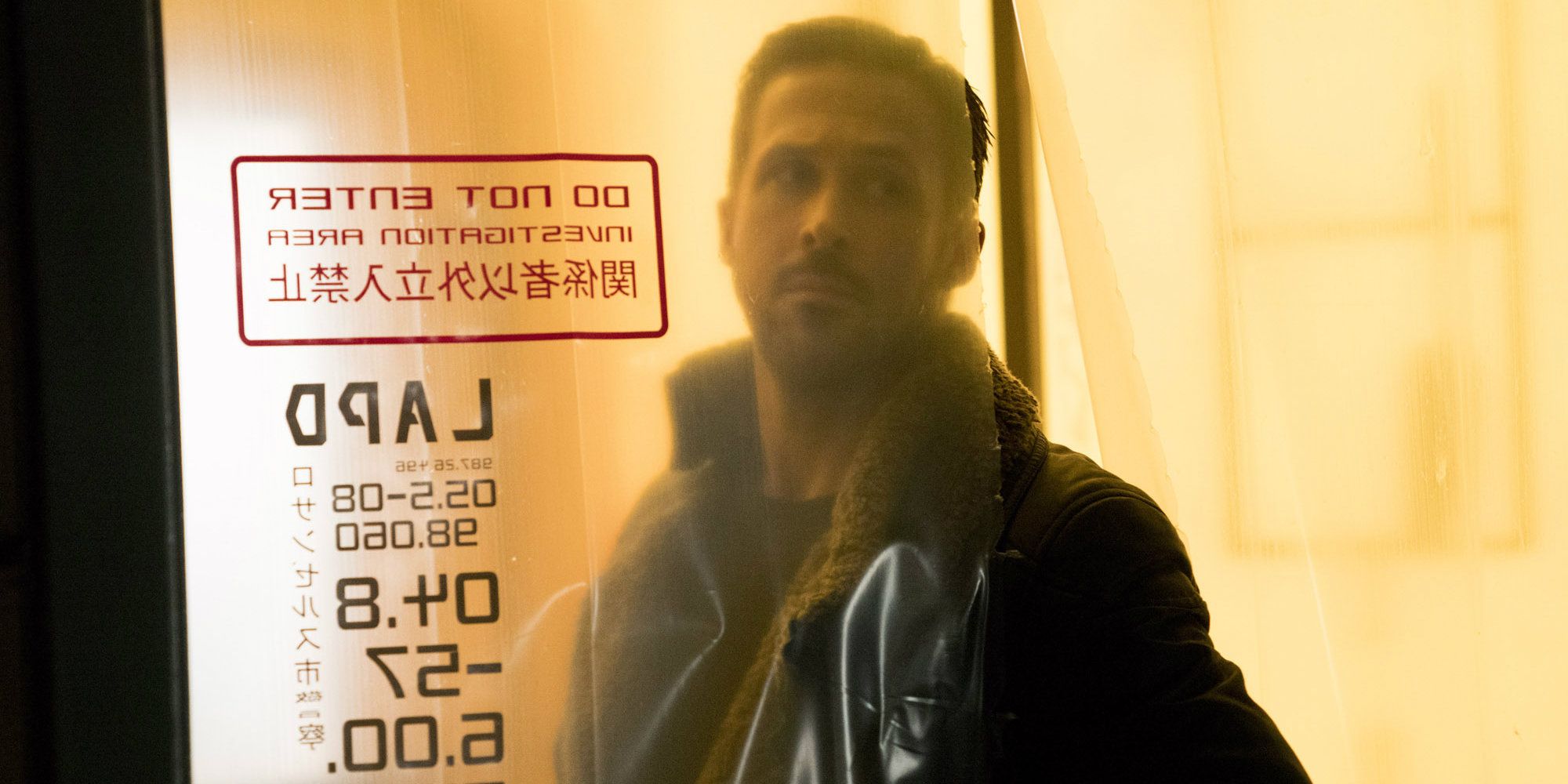
In a broad sense, there’s a good deal overlap between Covenant and Blade Runner 2049, and not only in terms of their shared talent. (Green, for example, also cowrote Covenant.) Both films explore the concept of artificial intelligence and question what it actually means to be human, often from the POV of an android (or androids). Of the pair, the Blade Runner sequel takes these ideas much further, yet at its core are elements of the same Frankenstein-esque creator-creation horror story that drives much of the second half of Covenant and, to a lesser degree, Scott’s first Alien prequel, Prometheus. Neither movie is particularly flattering in its portrayal of humanity either, often having their human characters behave coldly dismissive or even violent towards the androids around them. That’s to say, Scott may’ve only directed one of them, but his creative influence on both films is readily apparent.
Considering how long it took to get a Blade Runner sequel off the ground to begin with, it makes sense Scott decided to pass the job of directing off to Villeneuve, rather than putting it on hold and risking it failing back into development limbo while he made Covenant first. At the same time, it’s difficult to say whether things would’ve gone any differently for Blade Runner 2049 critically and commercially, had Scott called the shots instead of Villeneuve. The movie was well-received overall, yet flopped at the box office and divided critics over its hefty 163-minute runtime. Even Scott has said he thought it was too long and felt its length played a role in its box office performance. Of course, Covenant was even more divisive by comparison and only a modest financial success, so maybe general audiences just aren’t that hot on either franchise right now.
